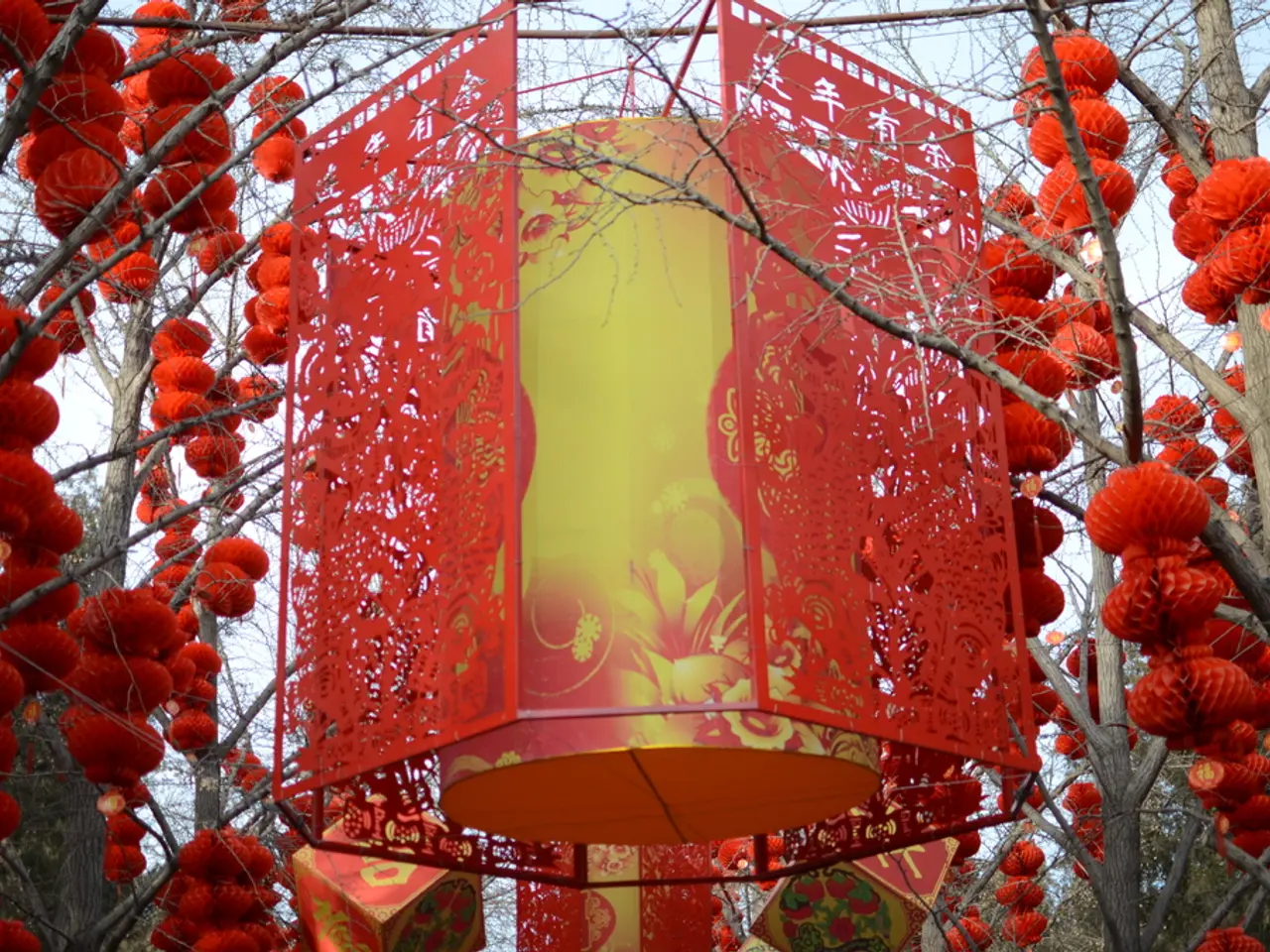Foreign diplomats from China criticize overseas administrations for their statements made following Taiwan's recent election
China has expressed strong opposition to foreign nations extending congratulations to Taiwan's President-elect Lai Ching-te, viewing such actions as provocations that undermine peace and stability in the Taiwan Strait.
Following Lai's election victory on Saturday, the Chinese government accused him of pursuing Taiwan independence and condemned international recognition or congratulations as support for this stance, which it regards as interference in its internal affairs.
The Chinese Taiwan Affairs Office denounced Lai for “provocations in seeking ‘independence’” and blamed him for causing trouble to peace and stability. This rhetoric reflects Beijing's firm position that Taiwan is part of China and rejects any legitimization of Taiwan's separate political status.
In response, China typically issues diplomatic protests and warnings, emphasizing the “one China” principle and demanding that other nations refrain from official interactions that could imply recognition of Taiwan as a sovereign state.
Beijing perceives the Democratic Progressive Party, to which Lai belongs, as seeking to establish Taiwan as an independent sovereign nation, a territory China claims as its own. The Chinese foreign ministry denounces U.S. interference in Taiwan affairs and has criticized a statement from U.S. Secretary of State Anthony Blinken.
China is concerned that Lai might declare the establishment of a Republic of Taiwan. In response, the Chinese foreign ministry termed messages of congratulations from various ministers and officials from nations with informal ties to Taiwan as a "seriously incorrect signal" to "Taiwan independence separatist forces."
Even before the election, Chinese diplomats had cautioned host countries about the repercussions of supporting the DPP. The Chinese embassy in Japan lodged official protests against Japanese Foreign Minister Yoko Kamikawa for congratulating Lai and emphasizing the non-governmental basis of the working relationship with Taipei.
Taiwan, meanwhile, calls for dialogue but asserts its autonomy and rejects Beijing's proposed “one country, two systems” formula. The tension remains a core geopolitical challenge, with China perceiving foreign congratulatory gestures as threats to its territorial claims and cross-strait peace.
China has not ruled out the use of force to reunify Taiwan. The Chinese foreign ministry opposes any official exchanges between the United States and Taiwan, and the Chinese embassy in the United Kingdom criticized British Foreign Minister David Cameron for congratulating Lai and urged the United Kingdom to acknowledge Taiwan as a province of China.
In contrast, Xiao Qian, the Chinese ambassador to Australia, warned that tying Australia to "Taiwan independence forces" could lead the Australian people to the edge of an abyss. Chinese embassies responded swiftly, expressing sensitivity to any appearance of endorsing a candidate perceived as "secessionist forces."
In conclusion, China's strong opposition to foreign congratulations to Taiwan's President-elect reflects its long-standing position rejecting Taiwan’s separate sovereignty and upholding the “one China” principle. Taiwan, on the other hand, asserts its autonomy and international profile while calling for dialogue. The geopolitical challenge remains as China perceives foreign congratulatory gestures as threats to its territorial claims and cross-strait peace.
- The Chinese government's stance against foreign nations extending congratulations to Taiwan's President-elect aligns with its general position, viewing such actions as interferences in its politics and potential provocations that could worsen global war-and-conflicts, given the sensitive nature of the Taiwan Strait.
- In the realm of general news, China has been vocal about its opposition to international recognition or congratulations for Taiwan's leaders, considering this as support for Taiwan independence, a move that could escalate war-and-conflicts, given China's firm belief that Taiwan is part of China and not a separate political entity.







